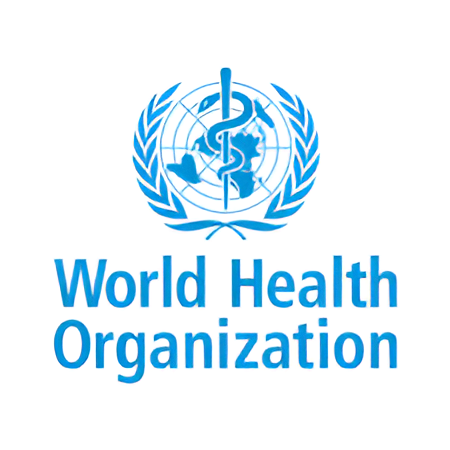Islamabad, Aug 24: In order to contain a fresh mpox outbreak, the president of the UN World Health Organization (WHO) announced a response plan that would cost at least $135 million over the following six months.
WHO Director-General Tedros Adhanom Ghebreyesus stated, “Let me be clear: this new mpox outbreak can be controlled and can be stopped,” during a speech to WHO member nations in Geneva on Friday. The statement was then shared on social media site X. He stated that as cases had expanded from Africa to Europe and Asia, including Pakistan, “responding to this complex outbreak requires a comprehensive and coordinated international response.”
The briefing took place a little more than a week after he proclaimed MPOX to be a global public health emergency. Tedros stated, “More than 100,000 verified cases have been reported since the global outbreak first appeared in 2022. Although the virus is still present in Africa at low levels, its spread has reached previously unheard-of proportions.
The Democratic Republic of the Congo (DRC) is the primary hub of transmission; there have been over 16,000 probable cases there this year alone, with 575 deaths. Two distinct outbreaks of two mpox virus strains, or clades, in various regions of the nation are what are causing the spike.
The primary factor in his decision to designate mpox a global public health emergency on August 14 was the quick spread of a novel branch, clade 1b. “Clade 1b cases have been recorded in four DRC neighboring countries Burundi, Kenya, Rwanda, and Uganda that had not previously reported mpox cases in the past month. There have also been reports of cases this week from Sweden and Thailand, he said.
As a result, the World Health Organization (WHO) and its allies have devised a strategy to halt mumps outbreaks by means of concerted international, regional, and national initiatives. Tedros clarified, saying, “This new mpox outbreak can be controlled and stopped.International agencies, national and local partners, civil society, researchers, manufacturers, and you, our Member States, must work together in concert to achieve this.”
He emphasized that the foundation of solutions must be justice, international solidarity, community empowerment, human rights, and cross-sector coordination. The Global Mpox Strategic Preparedness and Response Plan (SRSP) prioritizes research advancement, equal access to medicinal countermeasures, and the implementation of thorough surveillance and response plans.
According to our first projections, the SPRP will need about $135 million to address the acute phase of the outbreak over the course of the next six months. As we revise the strategy in light of expanding needs, that sum will probably go up,” Tedros stated.
He also mentioned that early next week a specific WHO financing application would be made available.In addition, the SPRP advocated for reducing zoonotic transmission and giving communities the tools they need to take an active role in controlling and preventing outbreaks.Globally, the focus is on timely evidence-based recommendations, strategic leadership, and providing the most vulnerable populations in impacted nations with access to medical countermeasures.
To improve coordination in the crucial domains of readiness, preparedness, and response, WHO is collaborating with various international, regional, national, and local partners and networks.While staffing is being increased in the impacted countries, WHO regional offices have also established Incident Management Support Teams (IMSTs) to oversee readiness and response actions.
Furthermore, because the requirements on the continents are the greatest, the Regional Office for Africa and the African Centres for Disease Control (CDC) will work together to lead the coordination of mpox response operations.
In the meanwhile, national and local health authorities will modify their plans in response to emerging epidemiological patterns. According to Tedros, WHO has disbursed about $1.5 million from an emergency contingency fund thus far, and additional distributions are anticipated in the upcoming days “until funding from donors for the response comes in. To prevent transmission, treat those infected, and save lives, the agency will coordinate the global response, working closely with each of the affected countries,” he declared.
